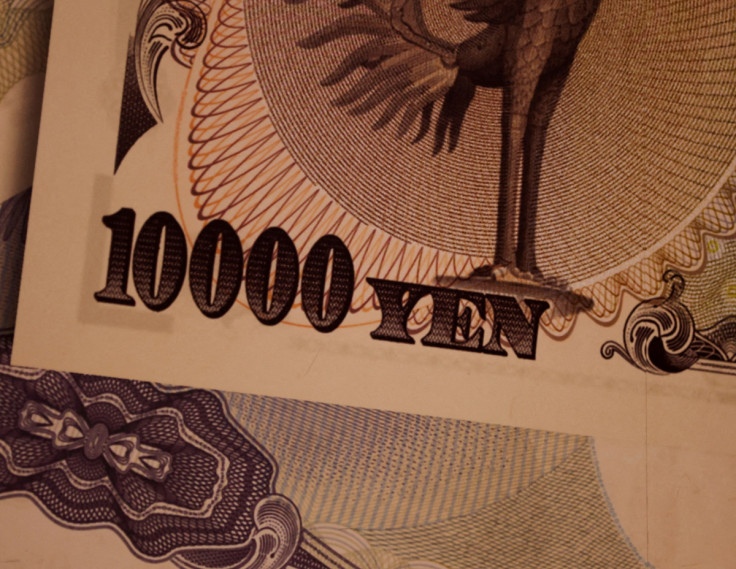Yen Tests Seven-month High Ahead Of BOJ Policy Decision; Dollar Wobbles

The Japanese yen held near an over seven-month peak on Monday, as traders, in the lead up to the Bank of Japan's monetary policy decision this week, ramped up bets that the central bank could make further tweaks to its yield control policy.
The yen was last 0.1% lower at 128.01 per dollar, having surged to 127.46 per dollar on Friday, its highest since May last year.
Markets have been pressing for the BOJ to shift away from its ultra-easy monetary policy, which on Friday caused the yield on Japan's benchmark 10-year government bonds to breach the central bank's new ceiling.
With the BOJ due to announce its monetary policy decision on Wednesday, expectations are for further tweaks to its yield control policy or a full abandonment of it.
"I think the whole world will be focused on Wednesday ... and probably the week in G10 (currencies) will be defined by what happens to the yen and yen crosses, out of that," said Ray Attrill, head of FX strategy at National Australia Bank (NAB).
"I don't think (the BOJ) has the luxury of time to say that they're going to assess and wait until Q2 or Kuroda to see out his term without making any further changes."
Current BOJ Governor Haruhiko Kuroda will step down in April.
The BOJ's yield curve control policy has been a huge factor behind the yen's 12% slump last year, and since the central bank's shock decision last December to widen the band around its yield target, the yen has jumped more than 6%.
Elsewhere, the U.S. dollar struggled to recover from its decline after last week's selloff on data showing that U.S consumer prices fell for the first time in more than 2-1/2 years in December.
The euro edged 0.04% higher against the greenback to $1.0838, not far from Friday's nine-month high of $1.0868.
Sterling rose 0.05% to $1.2240, having similarly touched a one-month peak of $1.22495 on Friday.
Better-than-expected economic data out of Germany and Britain also suggested both countries could narrowly escape a recession for now, lifting sentiment.
Against a basket of currencies, the U.S. dollar index fell 0.13% to 102.13, languishing near Friday's seven-month low of 101.97.
"A U.S. dollar downtrend is well in train here, and I think there's more to come," said NAB's Attrill.
U.S. markets are closed on Monday for a holiday, making for thin trading.
In other currencies, the Aussie was last 0.2% higher at $0.6989, while the kiwi gained 0.16% to $0.63955.
© Copyright Thomson Reuters 2024. All rights reserved.











